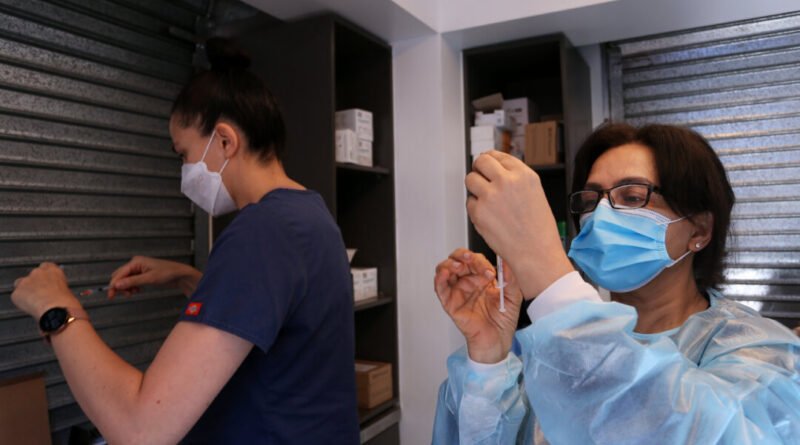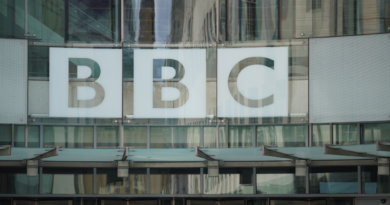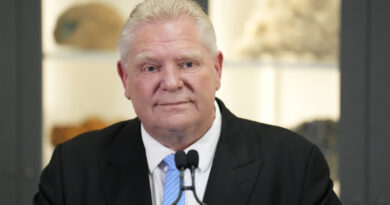New South Wales Grants 10.5 Percent Pay Increase to 400,000 Public Sector Employees
Public servants will also be entitled to an annual cost-of-living protection payment of $1,000 if inflation exceeds 4.5 percent in that year.
The New South Wales (NSW) government has offered over 400,000 public servants a 10.5 percent wage increase over three years, including a lift in superannuation.
Apart from the increase, public sector employees (excluding senior executives) will receive an annual cost-of-living protection payment of $1,000 (US$670) if inflation exceeds 4.5 percent in that year.
The NSW government said the proposed pay rise was budgeted for in 2023 as part of the $3.6 billion Essential Services Fund.
It also stated that the proposal was equal to or higher than the deals offered by other state governments and would beat projected increases in living costs over the next three financial years.
NSW Industrial Relations Minister Sophie Cotsis said the pay rise would provide certainty to public sector workers and their families.
“This baseline offer lays the foundation for a fairer system for workers and their families in NSW.”
Nevertheless, bargaining has only begun, and it will take some time before a final agreement is reached.
NSW Treasurer Daniel Mookhey said the pay rise was possible due to an improvement in the state’s debt situation.
“We can afford to make this investment because we are paying our creditors less, and as a result, we can pay our essential workers more,” he said.
While the NSW government believed the new pay rise offer was appropriate for public sector workers, it fell below the demands of some unions, including the Nurses and Midwives’ Association’s call for a 15 percent pay rise for 2024.
Unions’ Response
Following the announcement, Unions NSW, a peak body representing worker unions in the state, criticised the offer, saying it would not fix the retention crisis in some sectors.
“The inclusion of superannuation increases in the offer suggests workers are funding a mandatory workplace entitlement which should actually be funded by the employer.”
The union secretary also wanted the cost-of-living protection payment to be included in workers’ base pay instead of being subjected to the condition of inflation exceeding 4.5 percent.

The new proposed pay rise is part of a reform by the NSW Labor government to retain and recruit more frontline staff after it assumed power in the 2023 state election.
Under the reform, Labor abolished the former coalition government’s 2.5 percent wage cap for public sector workers and set aside extra money in the budget to fund pay rises.
This approach was condemned by the state Opposition, which claimed that the extra funding was “a wink to union mates that there is more to give if they ask.”





